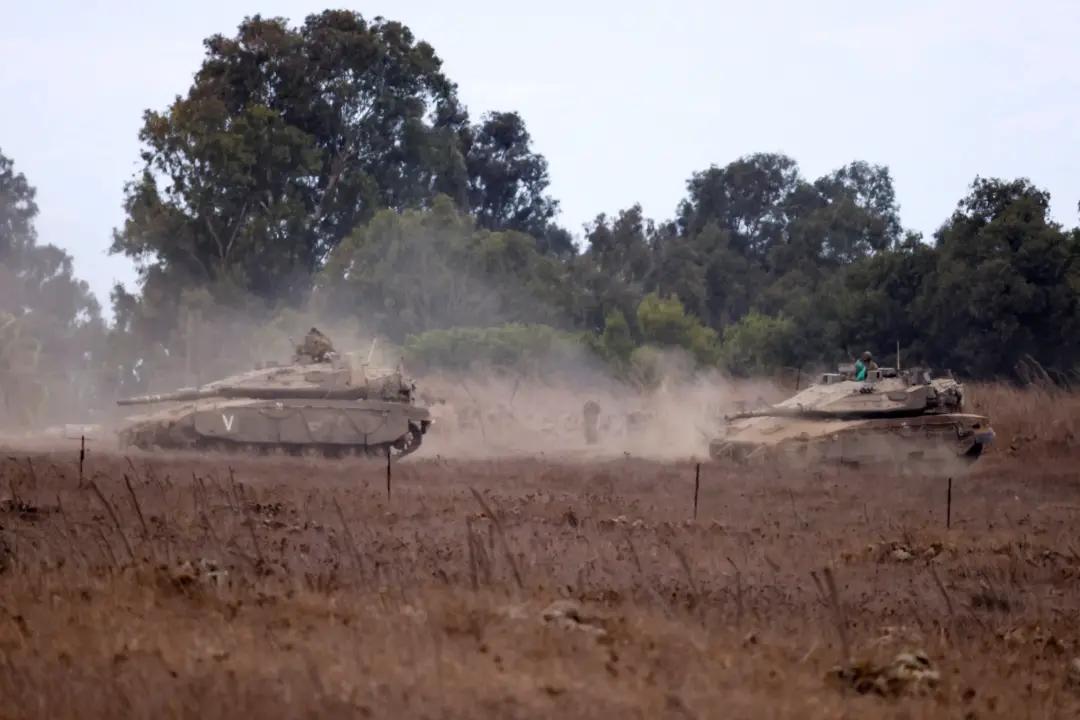The Israel Defense Forces chief of staff has told ground forces to prepare for a possible ground operation in Lebanon as fighting between Israeli forces and the Hezbollah terrorist group continues to escalate.
In a statement shared with Israeli ground troops stationed near the Lebanon border on Sept. 25, Maj. Gen. Herzi Halevi said Israeli aerial forces are continuing to strike targets on the other side of the border “both to prepare the area for the possibility of [the ground troops’] entry, and also to continue harming Hezbollah.”





